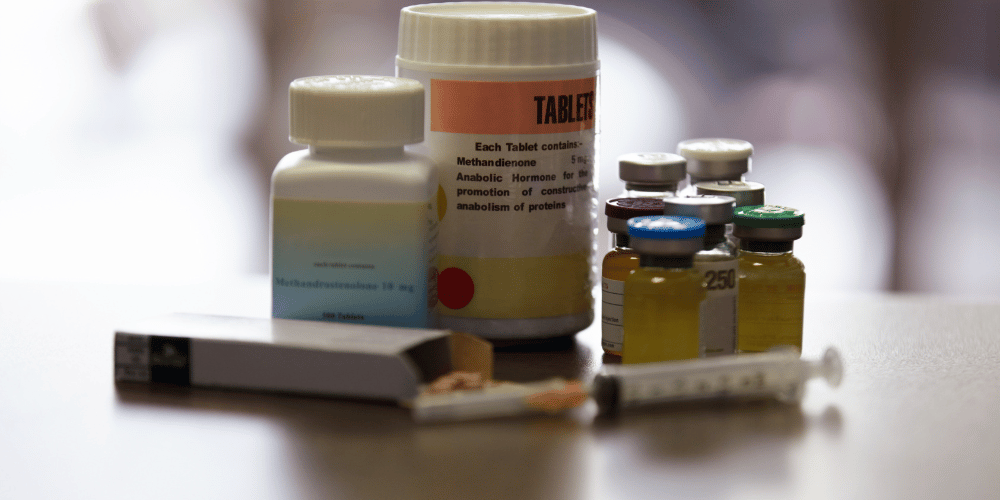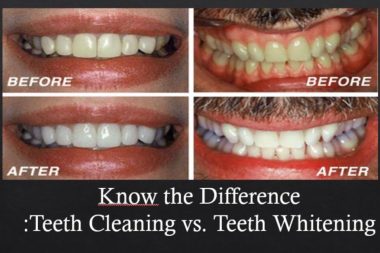Steroid use among athletes and bodybuilders is on the rise, but there is a hidden cost to consider: erectile dysfunction. This condition has been linked to steroid use due to its ability to affect hormone production, blood flow, and tissue damage. However, there are ways to mitigate the risks of developing erectile dysfunction from steroid use. In this blog post, we’ll discuss how you can reduce your risk of ED by following certain guidelines and making lifestyle changes. Read on to learn more about how you can avoid this potentially life-altering condition.
What is erectile dysfunction?
Erectile dysfunction (ED) is a sexual disorder characterized by the inability to develop or maintain an erection of the penis during sexual performance. Causes include stress, anxiety, and physical problems such as diabetes, high blood pressure, and high cholesterol. ED can also be caused by psychological problems such as depression and anxiety. Treatment options include medication, surgery, and psychotherapy.
It is important to seek medical help for ED as it can be an underlying symptom of a more serious medical condition.

The causes of erectile dysfunction
There are a number of potential causes of erectile dysfunction, and taking steroids can increase the risk of developing this condition. Some of the most common causes of erectile dysfunction include:
-Aging: As men age, they may experience a decline in testosterone levels, which can lead to erectile dysfunction.
-Health conditions: Certain health conditions, such as diabetes and heart disease, can cause erectile dysfunction.
-Medications: Some medications, such as certain blood pressure medications and antidepressants, can cause erectile dysfunction.
-Psychological issues: Psychological issues, such as stress, anxiety, and depression, can also lead to erectile dysfunction.
The treatments for erectile dysfunction
Erectile dysfunction (ED) is the inability to get or keep an erection. It can be a sign of health problems, so it’s important to seek treatment.
There are many treatments available for ED, and the best one depends on the underlying cause. In some cases, lifestyle changes can help. For example, quitting smoking and exercising regularly can improve blood flow and reduce stress.
If lifestyle changes don’t work, there are a number of effective medications that can be taken. These include oral medications such as sildenafil (Viagra), tadalafil (Cialis), and vardenafil (Levitra). Injections into the penis or placement of pellets in the urethra are also effective treatments.
Vacuum pumps and penile implants are other options, but they’re usually reserved for men who haven’t had success with other treatments. If you have ED, talk to your doctor about your treatment options.
How to prevent erectile dysfunction
Erectile dysfunction (ED) is a common problem for men who take steroids. The good news is that there are things you can do to prevent or minimize ED from occurring. Here are four tips:
1. Use a lower dose of steroids.
2. Take breaks from using steroids periodically.
3. Use anabolic steroids that are less likely to cause ED, such as nandrolone or oxandrolone.
4. Talk to your doctor about using a PDE5 inhibitor, such as sildenafil (Viagra), tadalafil (Cialis), or vardenafil (Levitra). These medications can help improve blood flow to the penis and reduce the risk of ED.
Causes of erectile dysfunction
Erectile dysfunction (ED) is a common problem for men who take steroids. Steroids can damage the blood vessels and cause ED. ED can also be caused by other health problems, such as diabetes, heart disease, or low testosterone levels. If you have ED, talk to your doctor about treatment options.
Other causes of ED include stress, anxiety, depression, certain medications and surgeries, smoking, alcohol use, and obesity. Treating the underlying cause can help reverse ED.Psychological causes of ED can include relationship problems, performance anxiety, and depression. If these are causing your ED, talk to a mental health professional about treatment options.
Physical causes of ED can include chronic conditions such as diabetes, heart disease, obesity, or high blood pressure. Treating the underlying condition can help reverse ED.
Hormonal imbalances can also contribute to ED. Low testosterone levels are a common cause of ED in men. Your doctor may prescribe hormone therapy if low testosterone is the cause of your ED.
In some cases, surgery or injuries may be responsible for ED. Talk to your doctor if you think this might be the case for you.
Risk factors for erectile dysfunction
There are a number of risk factors associated with erectile dysfunction, including the use of steroids. Steroids can damage the blood vessels and cause a decrease in blood flow to the penis, which can lead to ED. In addition, steroids can also affect the production of hormones that are important for sexual function. Other risk factors for ED include diabetes, high blood pressure, high cholesterol, and smoking.
Other risk factors for ED include aging, obesity, depression, anxiety, and certain medications. Some men may also have a genetic predisposition to erectile dysfunction.
Symptoms of erectile dysfunction
There are a number of potential symptoms of erectile dysfunction, which may vary depending on the underlying cause. In general, however, erectile dysfunction may cause:
– Difficulty achieving or sustaining an erection
– Reduced sexual desire
– Problems with orgasm or ejaculation
If you experience any of these symptoms, it’s important to consult with your doctor to determine the underlying cause and explore potential treatment options.

How to avoid erectile dysfunction on steroids
If you are taking steroids, there are a few things you can do to avoid erectile dysfunction. First, make sure you are taking the proper dosage of steroids. Too much of a steroid can lead to erectile dysfunction. Second, take breaks from using steroids. Taking a break will allow your body to recover and reduce the risk of developing erectile dysfunction. Finally, eat a healthy diet and exercise regularly. Eating healthy foods and exercising will help your body to function properly and reduce the risk of developing erectile dysfunction.
By following these guidelines and making lifestyle changes, you can reduce your risk of developing erectile dysfunction. If you are already experiencing symptoms, it’s important to seek medical help right away. Your doctor can determine the underlying cause and provide treatment options that may help improve your sexual performance.
Conclusion
In conclusion, it is possible to avoid erectile dysfunction when taking steroids. However, if you find yourself experiencing these issues, it’s important to consult a doctor and get the proper treatment. A healthy lifestyle can also help improve your overall sexual health and reduce any negative side effects from steroids. Taking the time to understand how steroid use affects your body can be beneficial in ensuring that you stay safe and healthy while using them.










Leave a Reply